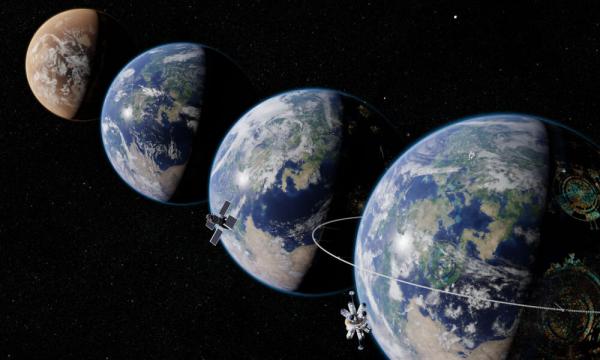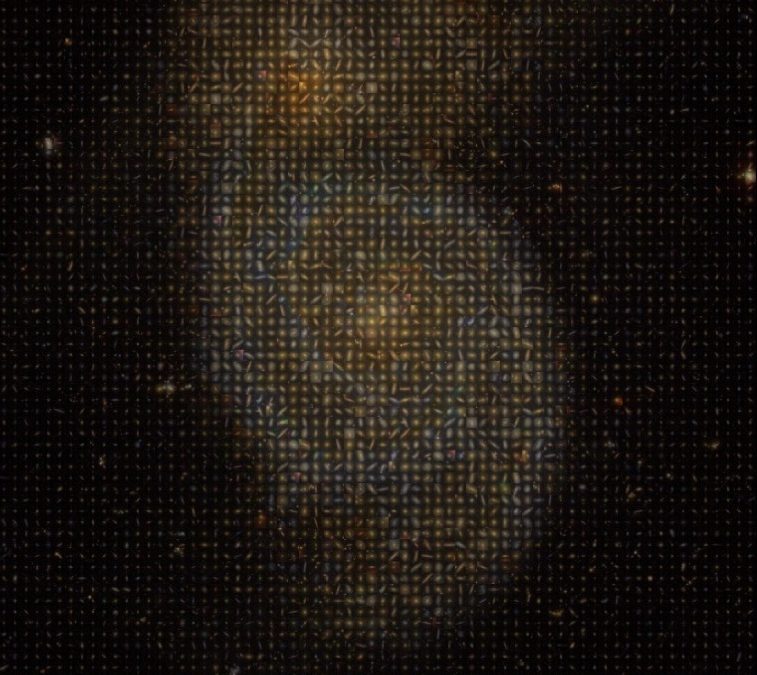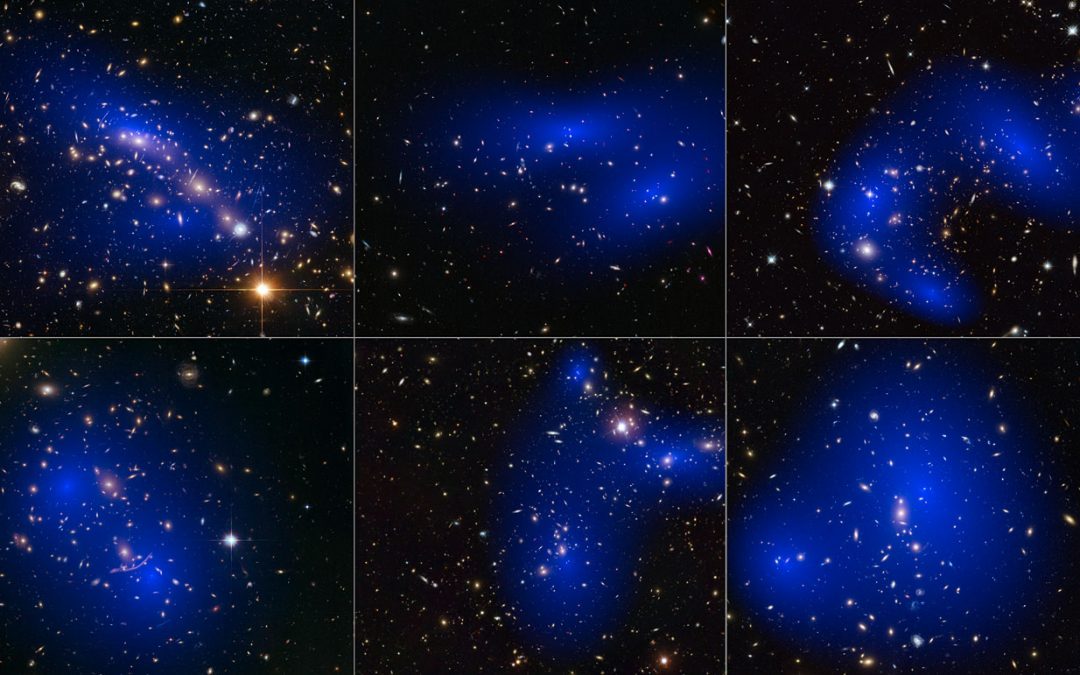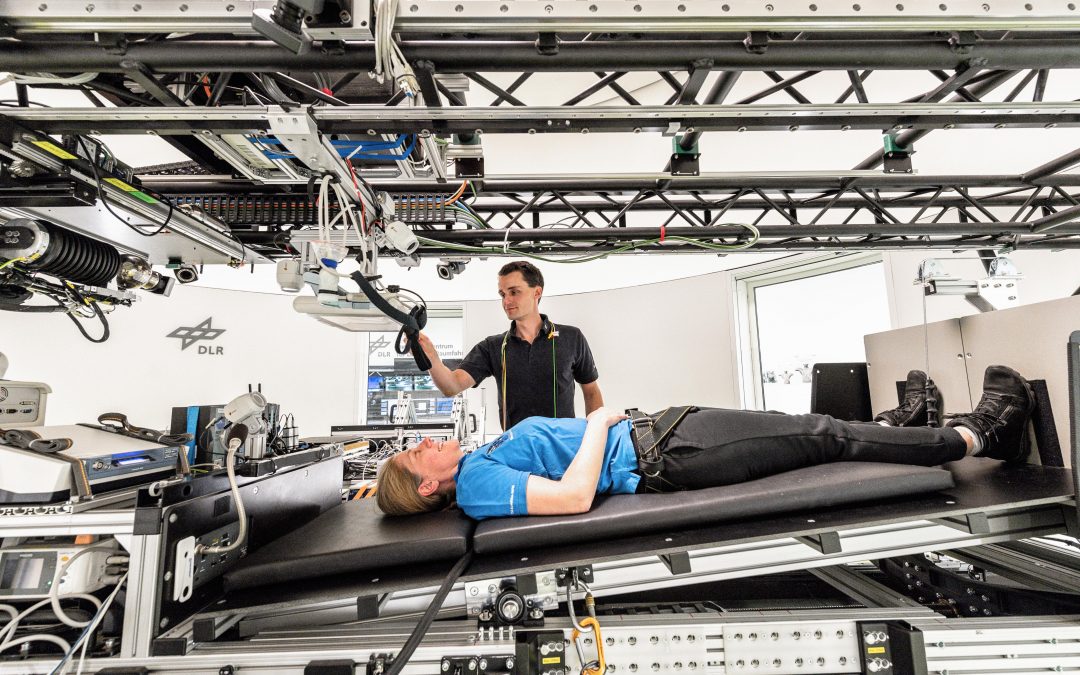The Earth is teeming with life, both in the upper atmosphere to kilometers underground. There’s no question that our planet has life. But is our planet itself alive? This is a question posed back in the 1970s as the Gaia hypothesis, and it got its share of criticism. Some new ideas have been proposed to bring this hypothesis to the modern era.











